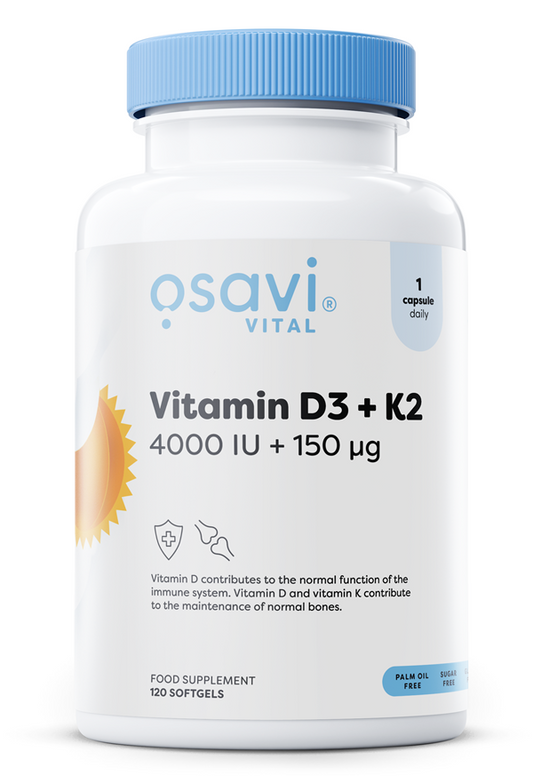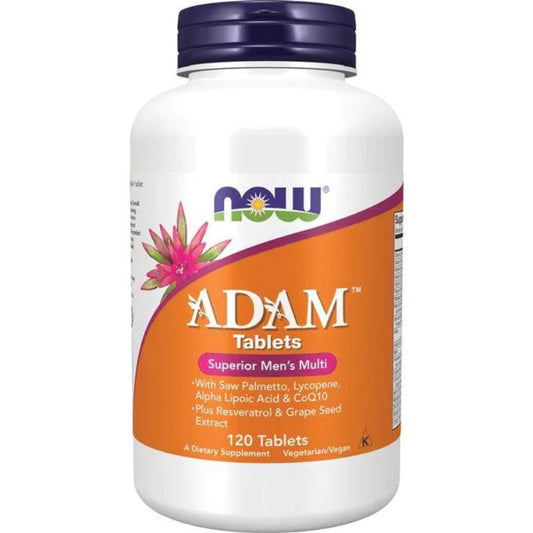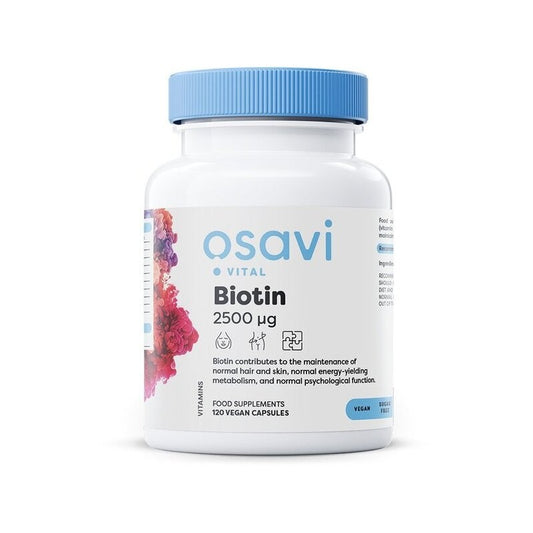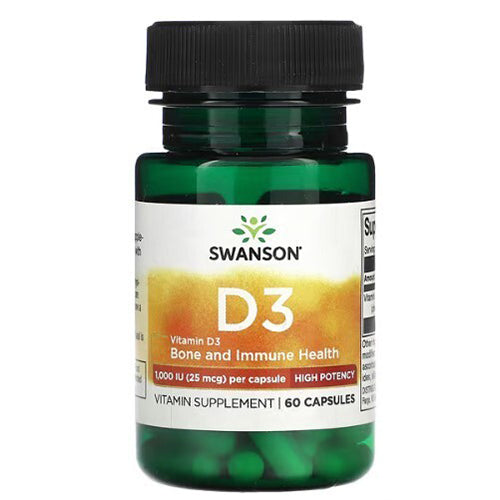
Vitamin C Benefits, Sources, and Daily Requirements Explained
Jakub SkibaVitamin C, also known as ascorbic acid, is a water-soluble vitamin that supports multiple functions in the body. Since humans cannot produce Vitamin C internally, it must be consumed daily through food or supplements. This essential nutrient helps maintain overall wellness, supporting skin health, collagen production, antioxidant protection, and the body’s natural processes. Regular intake of Vitamin C contributes to overall vitality, helps the body process plant-based nutrients, and is an important part of a balanced diet. Including Vitamin C in your daily nutrition can promote general wellbeing and ensure your body has the nutrients it needs to function at its best.
In this guide, we explain how Vitamin C works, where to get it naturally, and how much you may need each day.
What Exactly Is Vitamin C?
Vitamin C is a water-soluble vitamin that must be consumed regularly, as it is not stored in the body. Its key functions include supporting collagen production, which helps maintain skin, cartilage, and blood vessels, aiding the absorption of iron from plant-based foods, acting as an antioxidant to protect cells from free radicals, and supporting tissue repair and general wellness. Because humans cannot synthesize Vitamin C, it is an essential part of daily nutrition.
How Vitamin C Works in Your Body
Vitamin C acts as an antioxidant, helping to protect cells from oxidative stress caused by free radicals — unstable molecules that can damage DNA, proteins, and other structures. It also supports the production of collagen, contributing to skin elasticity, joint function, and tissue repair. Vitamin C helps the body utilize plant-based iron more effectively, making it an important nutrient for people who follow vegetarian or vegan diets. Consuming sufficient Vitamin C is key to maintaining daily health.
Signs of Low Vitamin C
Vitamin C deficiency is uncommon in developed countries but may occur in people with limited fruit and vegetable intake, smokers, or those with specific dietary restrictions. Possible signs of low Vitamin C include fatigue or general weakness, dry, damaged, or slow-healing skin, bleeding gums or tooth sensitivity, easy bruising, frequent colds or slow recovery, and joint pain or swelling. Severe deficiency, though rare today, can lead to conditions affecting skin, gums, and overall wellness. People with high stress or who smoke may require slightly higher Vitamin C intake.
Natural Sources of Vitamin C
Vitamin C is abundant in fresh fruits and vegetables. Eating a variety of these foods ensures you get enough of this essential nutrient. Top sources include citrus fruits such as oranges, lemons, and grapefruits, strawberries and kiwis, red and green bell peppers, broccoli and Brussels sprouts, and tomatoes, pineapple, and papaya. Vitamin C is sensitive to heat, so eating these foods raw or lightly cooked helps preserve their nutrient content.
How Much Vitamin C Do You Need?
Daily Vitamin C needs vary by age, sex, and life stage. The following table summarizes general recommendations:
|
Group |
Daily Recommended Amount |
|
Infants (0–12 months) |
40–50 mg |
|
Children (1–8 years) |
15–25 mg |
|
Males (9–13 years) |
45 mg |
|
Males (14–18 years) |
75 mg |
|
Males (19+ years) |
90 mg |
|
Females (14–18 years) |
65 mg |
|
Females (19+ years) |
75 mg |
|
Pregnant women |
85 mg |
|
Breastfeeding women |
120 mg |
Many people choose to include Vitamin C supplements in their routine, particularly during periods of stress or low fruit and vegetable intake. The safe upper limit is generally 2,000 mg per day, though high doses may cause mild digestive discomfort.










